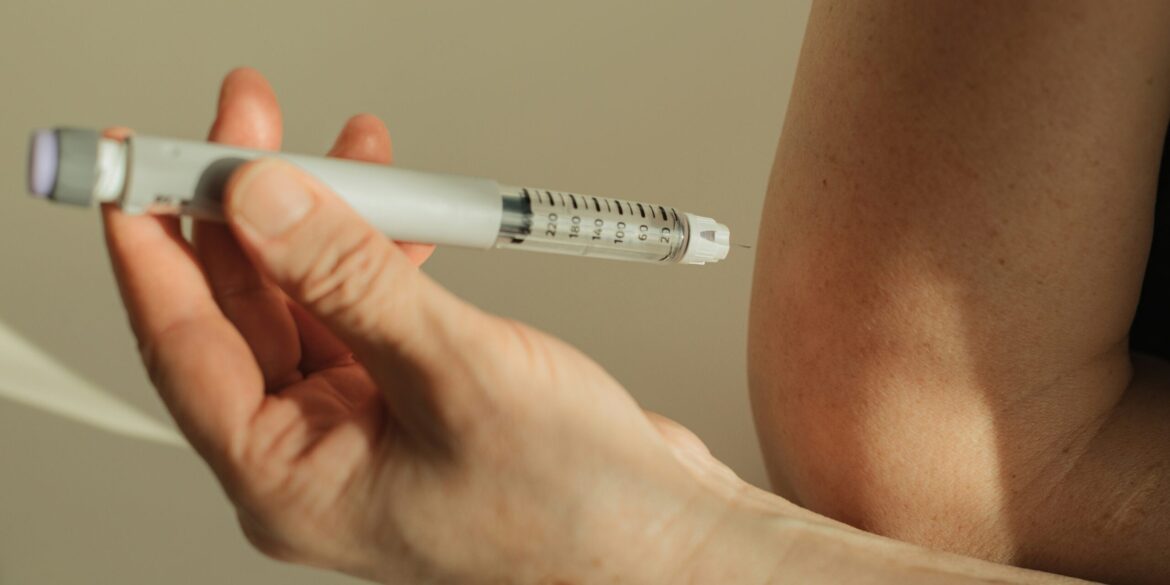An innovative therapy originating from the University of South Australia (UniSA) was announced on July 14, 2025, introducing a once-weekly injectable gel designed to deliver steady doses of two cornerstone Parkinson’s medications: levodopa and carbidopa. This biodegradable formulation, injected under the skin or into muscle, ensures consistent drug release over a full week—reducing the need for multiple daily pills and potentially transforming Parkinson’s treatment.
What makes this therapy stand out is its ability to release over 90% of levodopa and over 81% of carbidopa over seven days while safely degrading by more than 80% within the same period. Importantly, the material used has shown no signs of toxicity in preclinical lab studies. The delivery system is composed of FDA-approved biodegradable polymers, including PLGA combined with a pH-sensitive additive, Eudragit L-100. This ensures the medication remains stable and effective in the body over the entire dosing period. The injection is administered using a fine 22‑gauge needle, offering a patient-friendly alternative that avoids the need for surgical intervention or complex device implantation.
Parkinson’s disease currently affects more than 8.5 million people globally, many of whom must manage complex and frequent medication schedules. Traditional oral dosing of levodopa requires multiple daily administrations, often leading to issues such as missed doses, inconsistent symptom control, and increased side effects. This new weekly formulation could significantly improve medication adherence and provide smoother, more consistent relief from motor symptoms such as tremors, stiffness, and slowed movements.
According to Professor Sanjay Garg, head of UniSA’s Centre for Pharmaceutical Innovation, simplifying dosing regimens could be a major breakthrough in Parkinson’s care. He stated that the once-weekly injection has the potential to dramatically enhance quality of life for patients by reducing the treatment burden and improving symptom control. Co-developer and PhD candidate Deepa Nakmode also emphasized the gel’s potential to increase patient autonomy, especially for older individuals or those with trouble swallowing.
The research team has already filed an Australian patent for the gel formulation. Although the current findings stem from preclinical trials, the team is preparing for human clinical testing to evaluate long-term safety, tolerability, and effectiveness in real-world scenarios. If the results hold up in human studies, this approach could revolutionize how Parkinson’s disease is managed.
Moreover, the researchers believe this polymer-based technology could be adapted for other chronic illnesses, including cancer, diabetes, chronic infections, pain management, and additional neurodegenerative diseases. Its customizable release profile and biocompatibility make it a promising platform for long-term medication delivery across a range of medical conditions.
Medical experts have noted that one of the most challenging aspects of Parkinson’s care is ensuring patients stick to their treatment regimens. Missed doses can lead to drastic fluctuations in motor function, often called “off” periods, where symptoms re-emerge unpredictably. By maintaining a consistent therapeutic level of medication, the once-weekly injection may reduce these fluctuations and provide more stable symptom management. This innovation is also expected to reduce the overall pill burden, a crucial factor for patients who often take multiple medications for comorbidities in addition to Parkinson’s.
While it will take time to validate these early results through larger clinical trials, the response from the medical community has been one of cautious optimism. The potential for improving medication adherence, reducing side effects, and enhancing quality of life makes this development one of the most promising in recent Parkinson’s research.
If successful in future testing, this therapy could set a new standard for Parkinson’s care, offering millions of patients a more manageable and effective way to live with a challenging neurodegenerative disorder.

